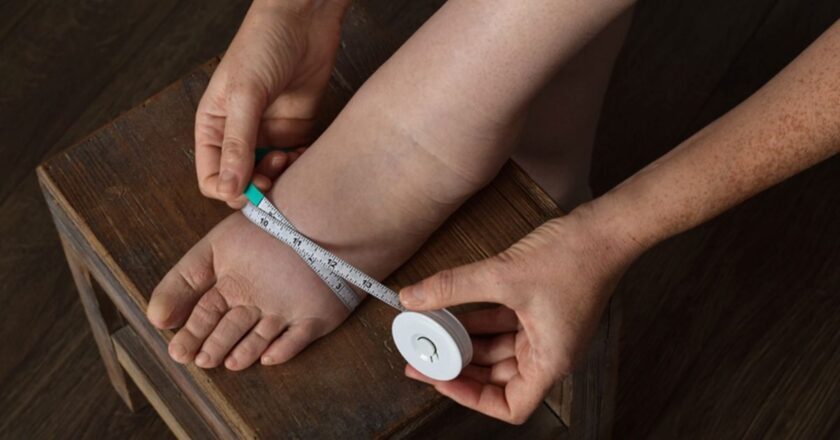
Although lymphedema may be incurable at this time, there are remedies for managing symptoms. While it can be painful to experience and no one wants to have it, life becomes a bit easier when you learn how to manage it. Here are a few remedies to help you manage your lymphedema:
Elevate your legs
When it comes to lower extremity lymphedema, it could be helpful to take time to elevate your legs, especially when swelling is intense. Although this doesn’t necessarily take away the swelling completely, it can help to decrease it and provide some relief. This can be helpful if you have to spend hours on your legs and feel sore and tired.
Take a look at what you put in your body
If you really want to help your body’s chances of decreasing swelling from lymphedema, look at what you’re putting in it. From ginger to turmeric, garlic, berries, fish, and more, there are a variety of foods that provide you with anti-inflammatory benefits. Several foods can also help your body get rid of toxins.
While it may be difficult to maintain good health and start eating healthy foods that can make a difference, the improvement in lymphedema symptoms makes it worth it. It can be a lot to prepare healthy meals every day, so consider ordering from a highly health-centric food subscription.
Use an arm pump
If you have swelling in your upper extremities, it can be helpful to use an arm pump. This is especially helpful with major swelling since it helps decrease it and encourages the flow of fluids. This way, fluid doesn’t collect in one place. Speak with your healthcare provider about the best way to use an arm pump.
Practice good skin care
People who have lymphedema are at risk of an infection developing in their affected limbs. Cuts and other injuries can result in more serious problems, and infection can lead you to suffer more swelling and pain with your lymphedema. So, you’ll find that many people with this condition focus on their skincare routines.
You want to prevent your skin from becoming too dry or cracked and avoid developing rashes. From cleaning your skin to using quality moisturizers, take time every day to practice a skincare regimen to minimize the risk of any type of infection. Moisturizing at night can be helpful as it is easier for it to soak into your skin when you’re resting. You can also use ointments or oils under lotion to help ensure complete moisturizing.

